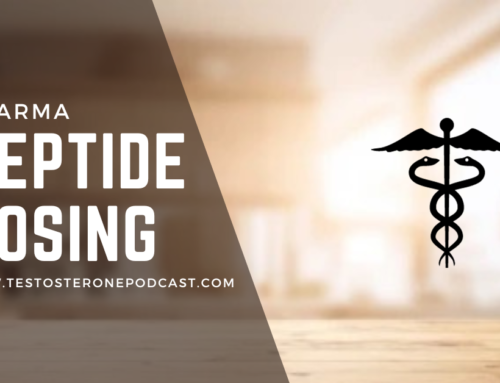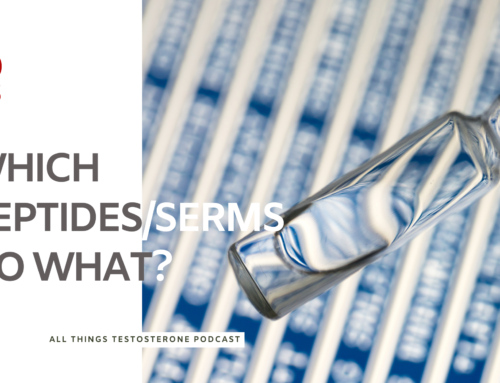In the ever-evolving tapestry of human evolution, fascinating trends and shifts continue to emerge, some of which challenge conventional wisdom and invite us to delve deeper into the mysteries of our biology. One such intriguing phenomenon is neoteny, a concept that is increasingly linked to the decline in men’s testosterone levels over the past half-century. In this blog post, we’ll unravel the intriguing connections between neoteny and falling testosterone levels, shedding light on this contemporary conundrum.
Understanding Neoteny: A Youthful Twist in Evolution
Neoteny, derived from the Greek words “neo” meaning new and “tenos” meaning stretch, is a concept in evolutionary biology that describes the retention of juvenile traits into adulthood. Put simply, it’s the phenomenon where certain species exhibit characteristics that are typically associated with youth even in their mature stages of life. This can manifest as physical traits, behavioral tendencies, or even cognitive characteristics.
In the context of humans, neoteny becomes particularly relevant when considering the shifting landscape of testosterone levels in men. Historically, men have been characterized by their relatively high levels of testosterone, a hormone responsible for a range of masculine traits including muscle mass, bone density, and the growth of facial and body hair. However, recent research suggests that men’s testosterone levels have been on a decline over the past several decades.
The Testosterone Puzzle: A Decline in Men’s Hormone Levels
A study published in the Journal of Clinical Endocrinology and Metabolism in 2007 stirred considerable attention when it reported that men’s testosterone levels were significantly lower than they were in the 1980s. While the exact reasons behind this decline remain complex and multifaceted, a prominent theory suggests a link to neoteny.
1. Environmental Factors: Modern living conditions, including exposure to certain chemicals, stress, and sedentary lifestyles, may play a role in shaping hormone levels. Endocrine-disrupting chemicals (EDCs), found in everything from plastics to pesticides, are thought to interfere with the body’s hormonal balance, possibly contributing to the testosterone decline.
2. Evolutionary Trade-offs: Neoteny might represent an evolutionary trade-off, where the human species is prioritizing traits associated with prolonged cognitive development over traditional markers of physical masculinity. As our societies become more complex, qualities such as adaptability, emotional intelligence, and communication skills become increasingly valuable. These traits, often linked with neoteny, might be favored by natural selection over hypermasculine characteristics.
3. Changes in Diet and Lifestyle: Dietary habits have drastically changed over the past few decades, with diets becoming more processed and less nutritious. Nutrient deficiencies, particularly in key vitamins and minerals that support hormonal production, could be influencing the hormonal landscape. Additionally, decreased physical activity and increased stress levels could also contribute to lower testosterone levels.
4. Social and Cultural Shifts: Changing societal norms and cultural dynamics have led to shifts in traditional gender roles. As the definition of masculinity evolves, the emphasis on testosterone-driven traits might be less pronounced, indirectly influencing hormonal production.
5. Medical Advances: An often overlooked factor is the influence of medical advancements. The increasing prevalence of hormone-related therapies, such as testosterone replacement therapy, might also be altering the natural hormonal balance in men.
Looking Ahead: Unraveling the Neoteny-Testosterone Connection
The connection between neoteny and declining testosterone levels in men is a captivating area of study that requires further exploration. As we continue to navigate the complexities of modern life, it’s imperative to consider the holistic impact of our environment, lifestyle, and cultural changes on our biology.
Ultimately, the decline in men’s testosterone levels underscores the intricate dance between our genetic heritage and the rapidly changing world around us. Neoteny, with its potential to shape the evolution of our species, adds yet another layer to the ongoing story of human adaptation. While there’s still much to uncover, one thing is clear: understanding the links between neoteny and testosterone holds the key to deciphering the mysteries of our ever-changing biology.


